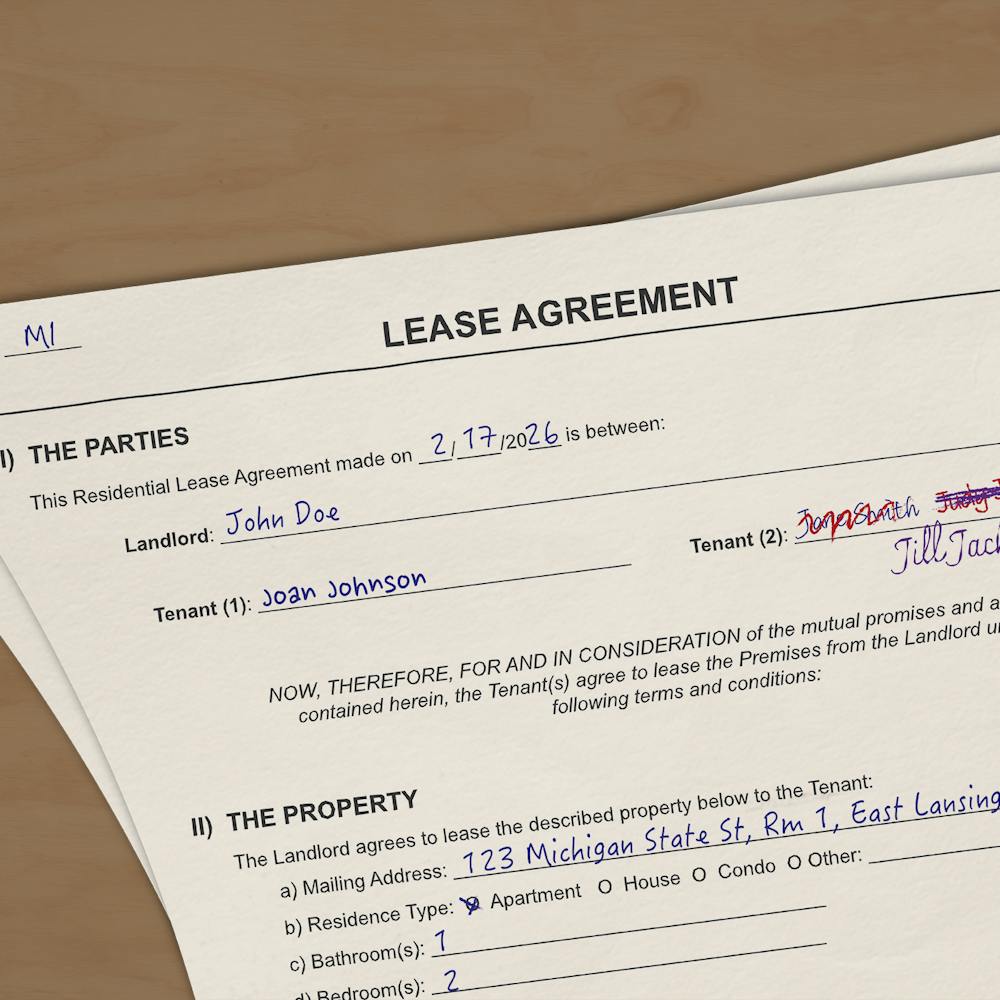ANN ARBOR — President Barack Obama spoke at the University of Michigan on Wednesday to rally support for raising the federal minimum wage, a change he said could drive down student loan reliance.
In front of hundreds of students, many of whom had camped overnight earlier in the week to receive their admission tickets, Obama addressed what he called a need for fair wages in America.
“The economy increasingly has folks at the top doing really well,” Obama said. “But then middle-class families, people who are struggling to get into the middle class, they’re working harder, but their wages (and) their incomes aren’t going up. And we’re a better country than that.”
The pay they deserve, Obama said, would come through a piece of legislation currently being debated in Congress. If passed, the legislation would increase the federal minimum hourly wage from $7.25 to $10.10 — a change many Democrats support, although it has virtually no chance of clearing the Republican-controlled House.
One hundred and ninety-six members of the Democratic delegation have signed a discharge petition to bring the bill to a vote. Republicans, on the other hand, argue raising the minimum wage could stifle small business owners’ ability to create more jobs.
Republican U.S. Rep. Mike Rogers, who represents Michigan’s 8th congressional district that includes East Lansing, said in a statement increasing the minimum wage to $10.10 would harm businesses.
“I have always supported raising the minimum wage, but in today’s economy I think it’s dangerous ... I also believe it is imperative that the minimum wage accurately reflects the economic conditions so that business owners are not burdened,” Rogers said in the statement.
With many students working part-time jobs during their college years, the legislation could increase many students’ ability to rely less on loans and more on working wages to pay tuition, MSU College of Education Dean Donald Heller said in an email interview.
“There could be an impact on student borrowing,” Heller said. “If students can earn more while working, they will likely need to borrow less, and some students who currently borrow may not have to borrow at all with a higher minimum wage.”
Obama echoed that sentiment in his speech Wednesday.
“Opportunity means guaranteeing every young people access to a world-class education, and that’s got to start with pre-K, all the way through higher education,” Obama said.
Obama talked specifically about the importance of helping students with their education loans. According to The Institute for College Access & Success, the average student loan debt is of $29,400.
“We’re offering millions of students who are graduating the chance to cap monthly student loan payments at 10 percent of your income,” Obama said.
The debate on the increase of the minimum wage has been a divided one.
In a previous interview, MSU professor of economics Charles Ballard said raising the minimum wage can have both a positive and negative impact on the economy.
“The biggest effect will be on the low wage jobs or the jobs at the bottom,” Ballard said.
For Ballard, the economy would not be affected in a negative way.
“Based on my personal (preference), I think the economy could easily withstand with an increase of (the minimum wage),” Ballard said.
Next week, Congress will have a chance to cast a vote on the minimum wage.
“(Congress members) got to make a clear choice: talk the talk about valuing hardworking families, or walk the walk and actually value hardworking families,” Obama said. “You can give America the shaft, or you can give it a raise.”
Seven states and the District of Columbia have raised their minimum wages since 2013 to the present.
In his speech, Obama bashed U.S. Rep. Paul Ryan’s budget proposal unveiled on Tuesday, which seeks to cut $5 trillion over the next decade by repealing the Affordable Care Act.
“7.1 million Americans have now signed up for coverage through the Affordable Care Act, otherwise known as Obamacare,” Obama said. “Republicans in Congress put forward a budget for the country that I believe would shrink opportunity for your generation.”






